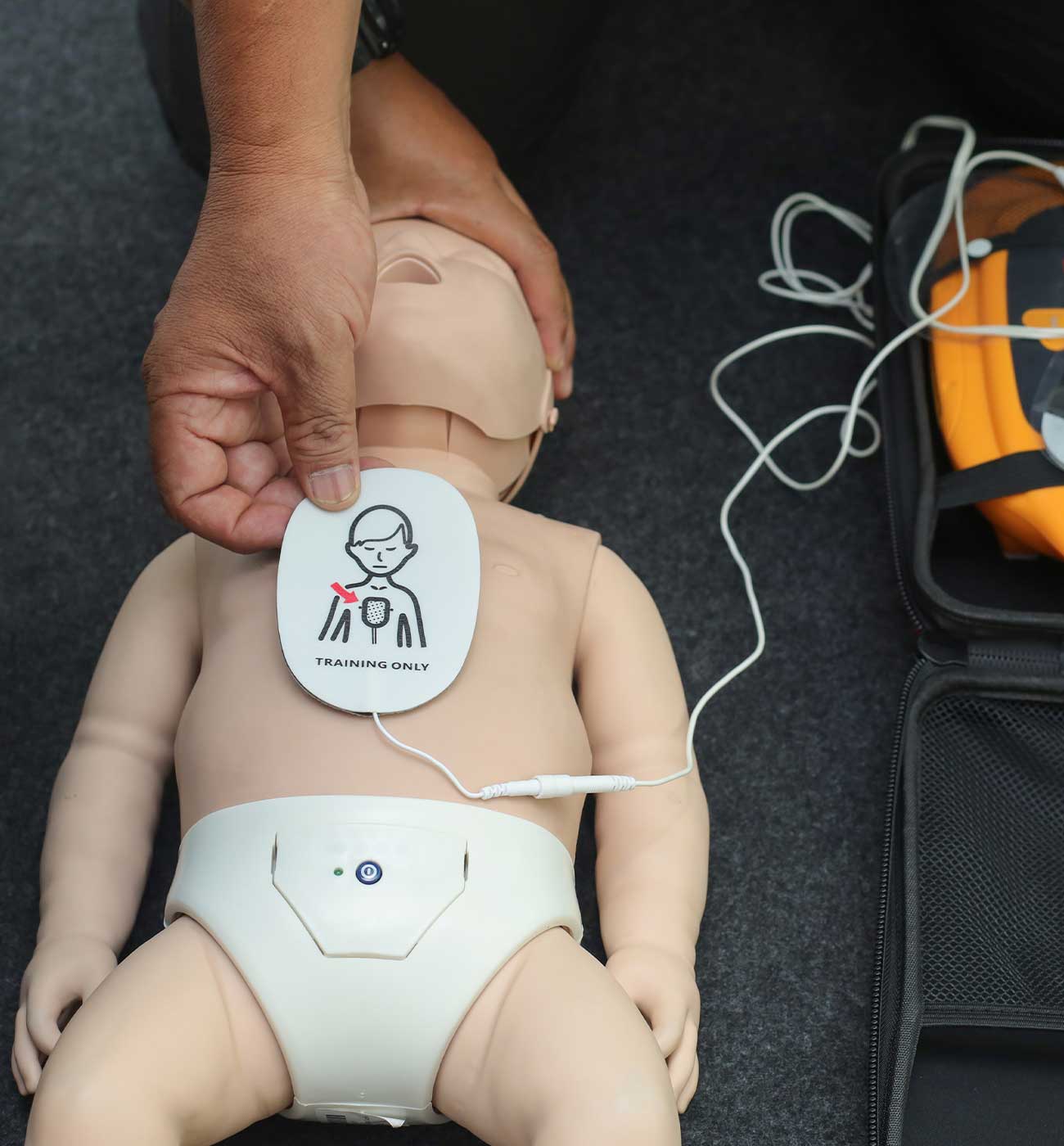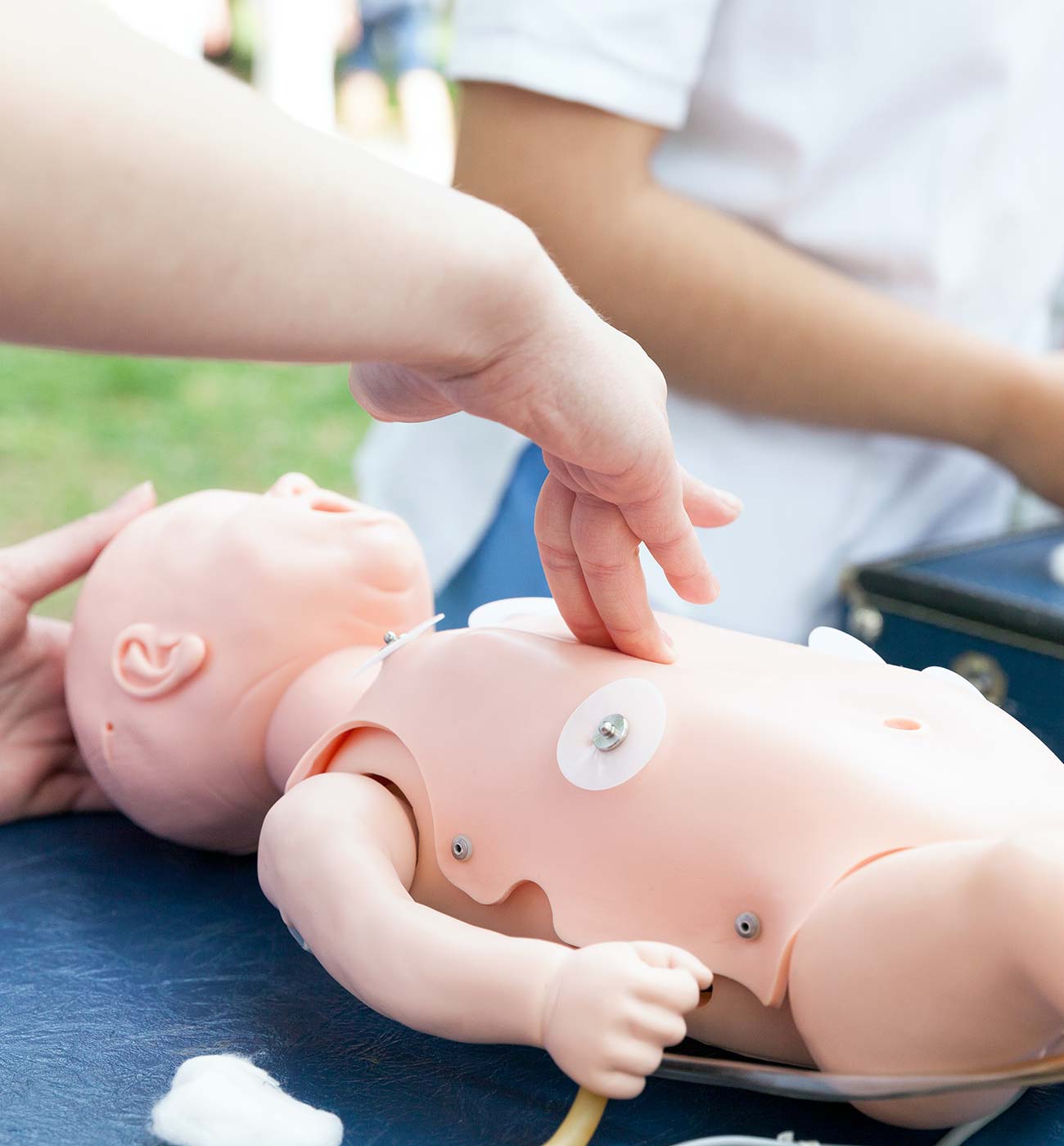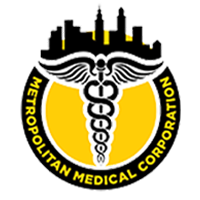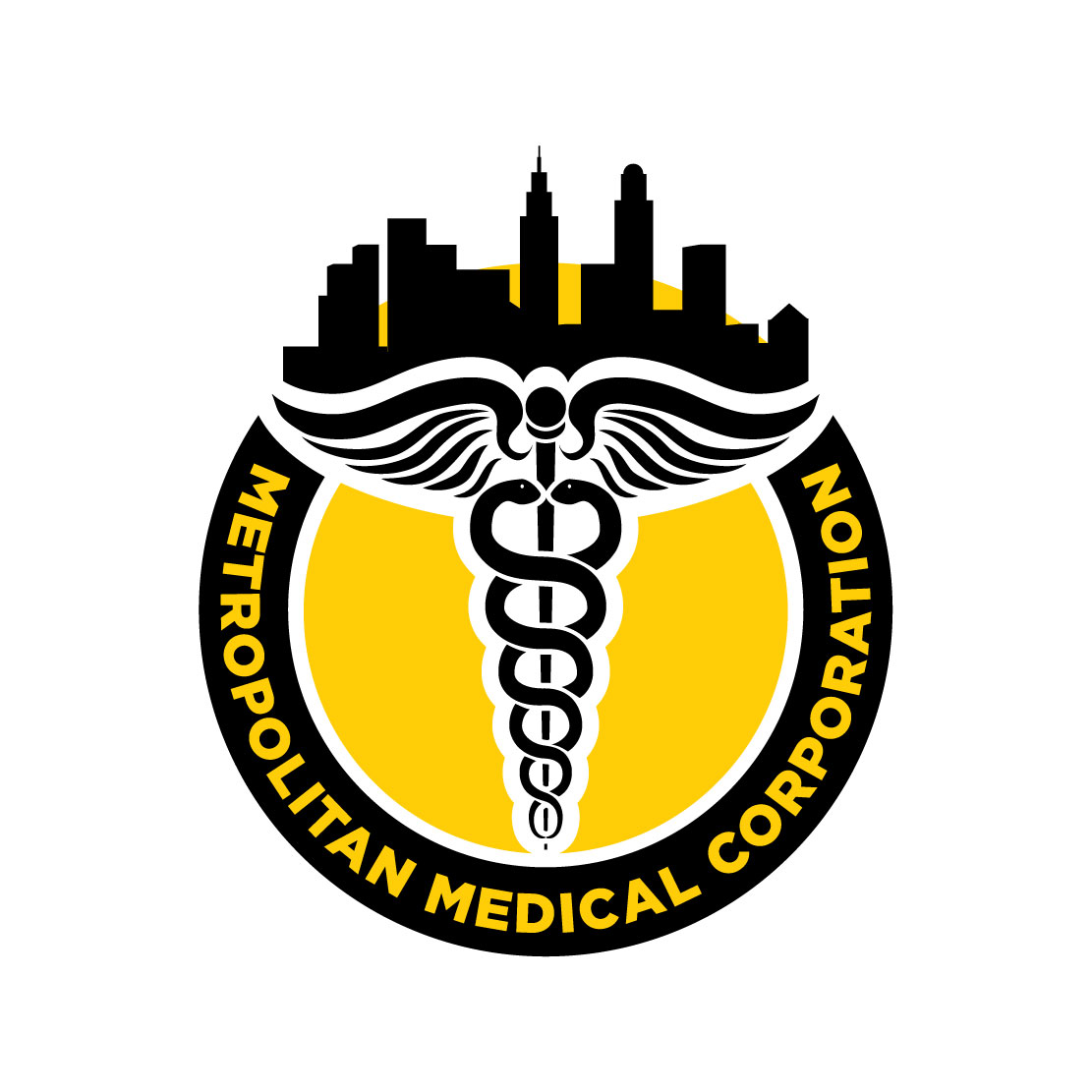

What Does the PALS Certification Course Teach?
-
High-quality pediatric CPR and AED use
-
Recognition and management of respiratory and cardiac arrest
-
Airway management techniques
-
Identification and treatment of shock and peri-arrest conditions
-
Pediatric pharmacology and drug administration
-
Team dynamics and effective communication in emergency care
Call us for more information: +1 201-522-3015
PALS Training Includes:
Save Lives, Enhance Your Skills. Flexible, Hands-On Training.
At Metropolitan Medical Corporation, we offer PALS certification for healthcare professionals who provide life-saving care to infants and children experiencing medical emergencies. Our course equips you with the knowledge and skills needed to assess, recognize, and treat pediatric patients in critical situations, ensuring that you are prepared to make a difference when it matters most.
PALS certification is recommended for:
-
Nurses
-
Paramedics
-
Physicians
-
Emergency and intensive care staff
-
Respiratory therapists
-
Any healthcare professional who treats pediatric emergencies
📌 Prerequisite: Valid BLS (Basic Life Support) certification is required.
Call us for more information: +1 201-522-3015


PALS Course Features
PALS Certification teaches life-saving care for infants and children.
Focuses on pediatric emergencies like cardiac arrest and shock.
Equips healthcare professionals with essential skills for treating pediatric patients.
Frequently Asked Questions
Is PALS certification required for my job?
If you’re a healthcare professional involved in pediatric emergency care, PALS certification may be required. It’s especially necessary for those working in hospitals, urgent care centers, and pre-hospital settings.
How long does PALS certification take?
The duration of Pediatric Advanced Life Support (PALS) certification varies based on the course format and participant experience. Typically, the hands-on skills session lasts approximately 5 hours.
How long is my PALS certification valid?
Your PALS certification is valid for two years. After two years, you will need to take a recertification course to stay up-to-date on pediatric life-saving techniques.
Do I need prior experience to take the PALS course?
Yes, participants must be proficient in Basic Life Support (BLS) before enrolling in the PALS course. This ensures that you have the foundational skills needed to perform advanced pediatric resuscitation techniques.
What happens during the in-person skills session?
In the in-person session, you’ll have the opportunity to demonstrate the skills you’ve learned, including performing high-quality CPR, using an AED, and managing pediatric emergencies. An instructor will be present to assess your abilities and provide valuable feedback.


